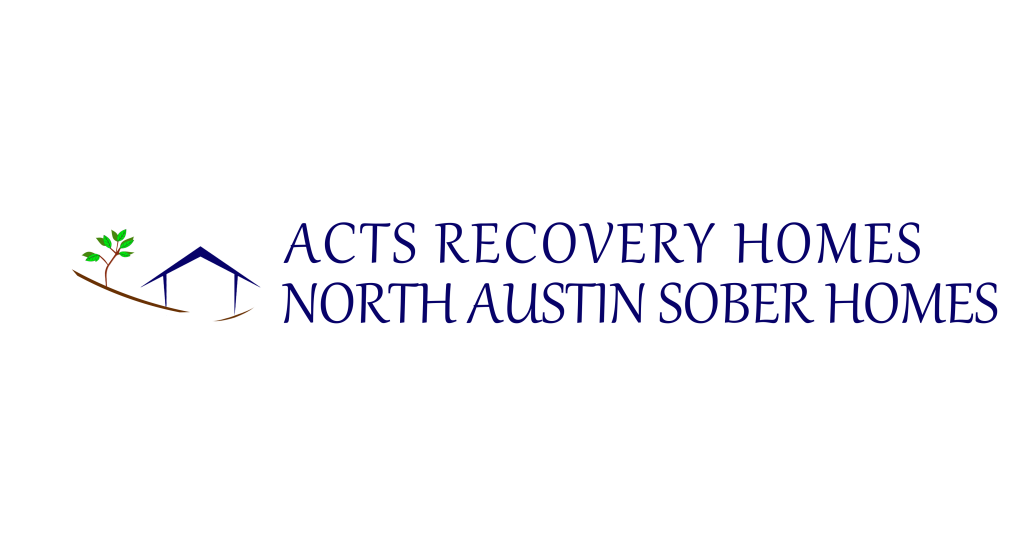Find the Right Addiction Treatment Center for Addiction Recovery

Finding the right addiction treatment center for someone who needs help for alcohol or drug addiction recovery can be difficult. Many addiction treatment centers think their treatment model is the best. Talking to an admission counselor for a treatment center can feel like talking to a car salesman who earnestly believes in the superiority of the cars he is selling. It can be difficult to distinguish between a sales pitch and deeply-held beliefs about an addiction program’s effectiveness and the actual addiction recovery rate.
The Decision to go to an Addiction Treatment Center
The decision of whether or not to attend a treatment program is frequently a very emotional one, but the decision of which program to attend should be a rational one. Making the right choice isn’t important just because of the costs involved, which can be significant. But also because the selection of the appropriate treatment center can have lasting impact on the success of the recovery. There are many things to consider when selecting a treatment provider.
Get an Independent Assessment
First, it is usually a good idea to get an independent assessment of whether or not outpatient or inpatient treatment is most appropriate. The duration of both types of programs varies greatly, and can last anywhere from a few weeks to several years. An assessment by an addiction specialist, such as a member of the American Society of Addiction Medicine, can help establish parameters for treatment goals. By having an independent assessment not associated with the facility that will be receiving payment for the treatment, the patient can feel confident that the treatment plan is based on the patient’s needs, and not the treatment facility’s financial goals. If cost is a significant consideration, make certain to be upfront about the ability of the patient to commit to a long-term or expensive program. Not every addict needs extensive treatment from credentialed professionals—make certain the treatment fits the patient.
Location of the Addiction Treatment Center
Location can be a critical factor. Many treatment programs include some variation of family visitation, in which family members (parents, siblings, older children, spouses, etc.) participate in the recovery program. Choosing a location where family members who choose to may easily participate is important.
Is There a Spiritual Aspect to you Addiction Treatment Plan?
Most treatment programs include some sort of spiritual aspect as part of the recovery treatment plan. Some treatment programs are associated with a specific religion, and require religious study as part of the treatment model. If religious aspects of a treatment program may be a concern, be sure to ask specifically about how each program under consideration approaches spirituality. If the patient has specific religious needs, be certain that either they can be met by the facility, or that the patient knows going in that they cannot be met.
Know the Rules
Similarly, most established programs have extensive rules for patients, and these vary widely. It is very common for cell phones to be banned, and somewhat common for personal music devices to be banned. However, some facilities also do not allow stuffed animals, or tank tops. Some treatment facilities encourage physical exercise, while others may not allow patients to work out or even jog. These are not things that have direct impact on a patient’s recovery, but knowing ahead of time what one will encounter can prevent potential conflicts. If a facility does not have a website with its rules posted clearly, ask to see them in advance.
Patient access to telephones, the internet, and visitation from family and/or friends varies greatly. This information should be posted online by the facility. However, if there is a special family situation, such as an unmarried significant other, a family friend who is like a mother, or other people in the patient’s life who need to be included in the patient’s recovery, get firm clarification from the treatment center about that person’s inclusion before making a commitment to it.
Choose the Right Addiction Treatment Center for Addiction Recovery
Most addicts have what is known as a drug of choice. It may be alcohol, heroin, meth amphetamines, or any number of pharmaceutical or illicit drugs. Choosing a program with success in treating addiction for the known drug of choice may be important, particularly in the beginning of recovery. Many treatment centers employ recovering addicts—ask if any of the counseling staff are in recovery from the patient’s drug of choice, and if so, ask to speak with that counselor.
In larger treatment facilities, the intake staff does not actually interact with patients in the facility. Speaking directly with part of the treatment team who will be working with the patient can provide a better sense of the treatment the patient will receive.
Finances Play a Large Part of Your Addiction Recovery Plan
Cost can be an important factor, but greater expense does not necessarily reflect better treatment, or better success rates at long-term recovery. Throwing money at the problem of addiction will not fix it. Generally speaking, a patient’s willingness to participate in recovery is more important than the quality or expense of the treatment center itself. But if the patient’s addiction is complicated by issues such as a dual-diagnosis of bipolar disease or chronic depression, make certain the facility you choose is adequately staffed to handle those issues.
Insurance coverage for treatment varies significantly by insurer. Be certain to have any costs that may be covered pre-certified by the facility before the patient is admitted.
There Will be a Lot of Paperwork
Every treatment center has a stack of papers for the patient (and/or parent/guardian) to sign prior to admission. Ask to have a copy of those papers so they may be reviewed beforehand and considered carefully. Separate papers may be required if another party is financially responsible—ask to see those as well. Understand everything, and have a written estimate of the total cost of treatment, before anything gets signed.
Do You have Special needs in Addition to Addiction Treatment?
Special needs a patient may have, as a result of hearing or vision impairment, or limited or loss of mobility, should be addressed up front. Require specific answers to questions such as “Is an interpreter available for all activities?” and “Are all areas of the facility accessible?” Many treatment centers are in older buildings that do not meet current Americans with Disabilities Act construction guidelines.
If a patient has dietary restrictions, ask specifically how those are addressed. If a patient maintains a kosher, gluten-free, or vegan diet, food choices may impact treatment through the patient’s wellbeing, especially in a longer-term program.
Patient Demographics
Information on patient demographics can be shared without violating patient confidentiality, so ask about the patient group at the facility. While a range in ages is common, an 18-year-old may benefit more with a group whose average age is 24 than with a group whose average age is 34 or even 54. A 60-year-old may similarly benefit from participating in recovery with a group closer in age. Issues of race and sexuality may also be of concern to a patient, and while not every aspect of treatment may be controlled, the fewer surprises a patient has going into a facility, the more likely it is the patient will have a positive treatment experience.
Check Out Addiction Recovery Success Rates
Do not rely only on success rates supplied by treatment centers. Seek information from patients who have attended the program recently—the success of treatment depends largely on the staff within the facility, which changes over time. Attend a local twelve-step meeting and ask for suggestions and recommendations. If the facility under consideration is in another community, use friends, religious contacts, and social media to find contacts in that community. Try to speak to more than one person who has been through a facility before committing to it. Do not cross a facility off a list of potential facilities because one person had a negative experience there—look for additional suggestions before making a judgment.
Making the Decision
Above all, avoid making an emotional or rushed decision. No treatment center is perfect for every patient, but by taking a little time to make an informed decision, the best treatment center for each patient can be found.
Call Us
We are here to help. Please call us for any questions that you may have. We have residents who have completed many different addiction treatment programs and can offer insight. You may reach us at 512-497-2147.
